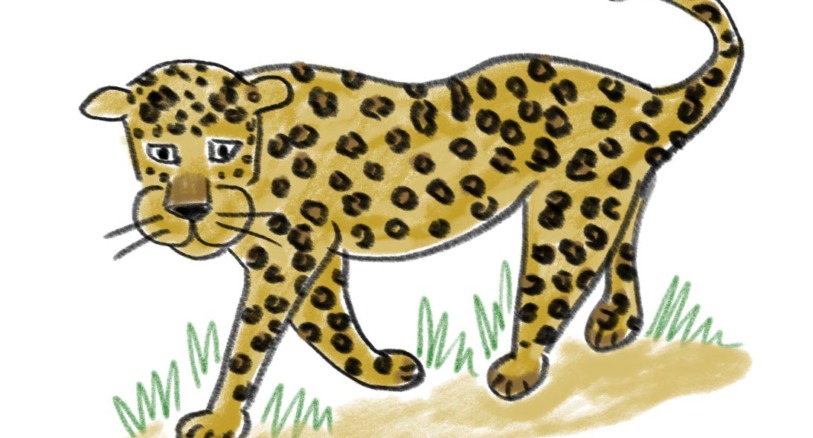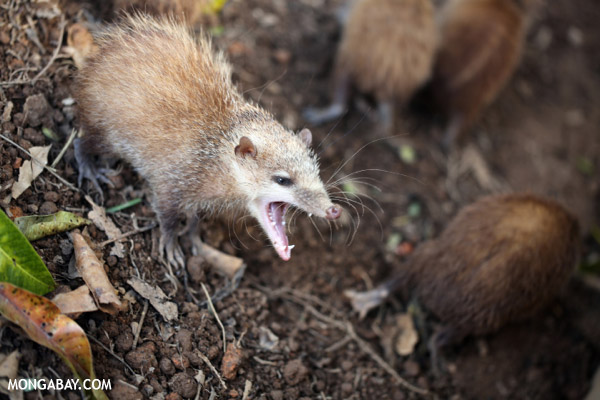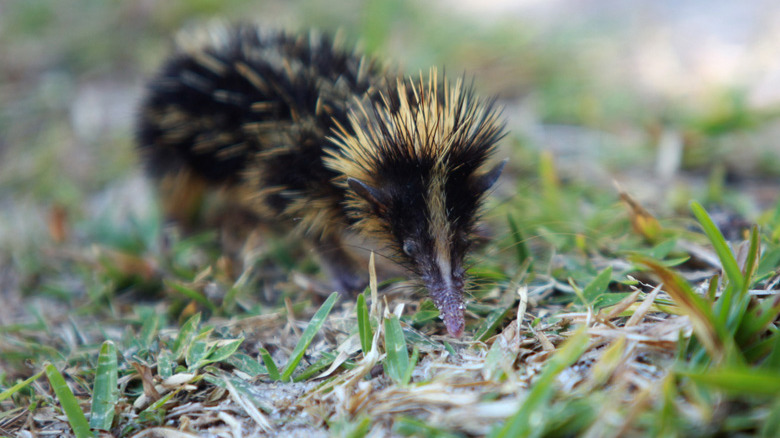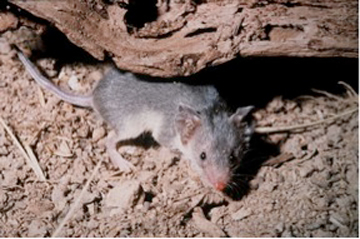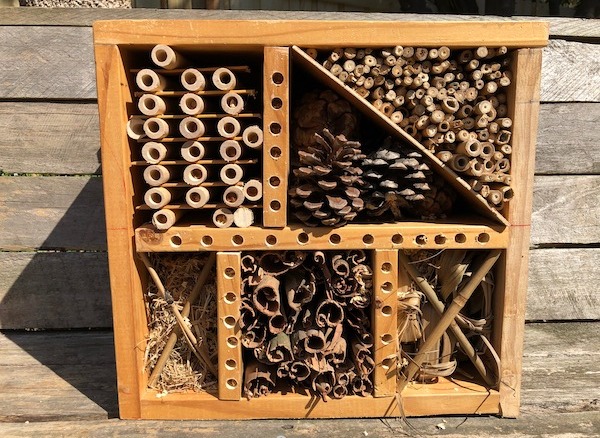
Mongabay Kids is celebrating all things lemur …
Why? It’s the World Lemur Festival, leading up to World Lemur Day on October 27th, 2023. We’ve partnered with the Lemur Conservation Network to bring you the latest lemur-themed news and activities.
The Lemur Conservation Network (LCN) is an online hub for inspiration, education, empowerment, and collaboration. Visit the website for educational materials and to learn how you can help protect lemurs from extinction.
What are lemurs?
Lemurs are an ancient group of primates. Humans are primates, too. Other types of primates include monkeys and apes.
Lemurs have wet noses, like a dog. There are over 100 types of lemurs.
Sadly, many lemurs are at risk of extinction in the wild. But you can help! The first step is to learn more about lemurs and their marvellous wild habitats.
Meet some lemurs
Gray mouse lemur (Microcebus murinus):

Crowned lemur (Eulemur coronatus):

Where do Lemurs live?
Lemurs live on Madagascar, a large island off the east coast of Africa. Lemurs are endemic to Madagascar, meaning that they live naturally here and nowhere else. Madagascar has lots of endemic plants and animals. It is a biodiversity hotspot.
Lemurs live in many different types of habitats on Madagascar, including rainforest, dry forests, and wetlands.
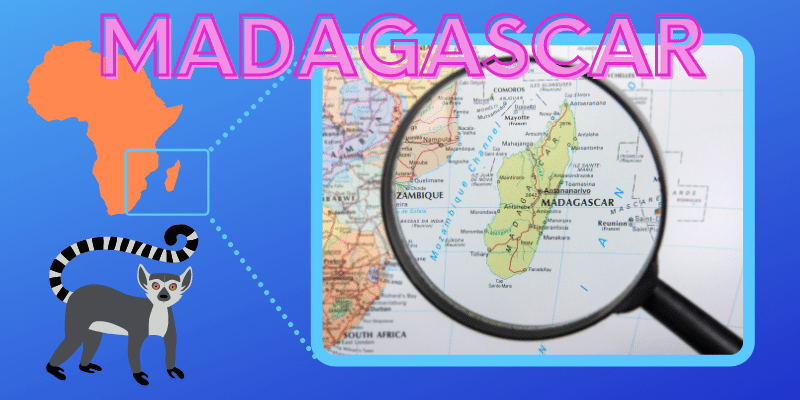
Take a field trip with conservationists, scientists & artists!
The Doug Beetle Interviews:

Art & craft:

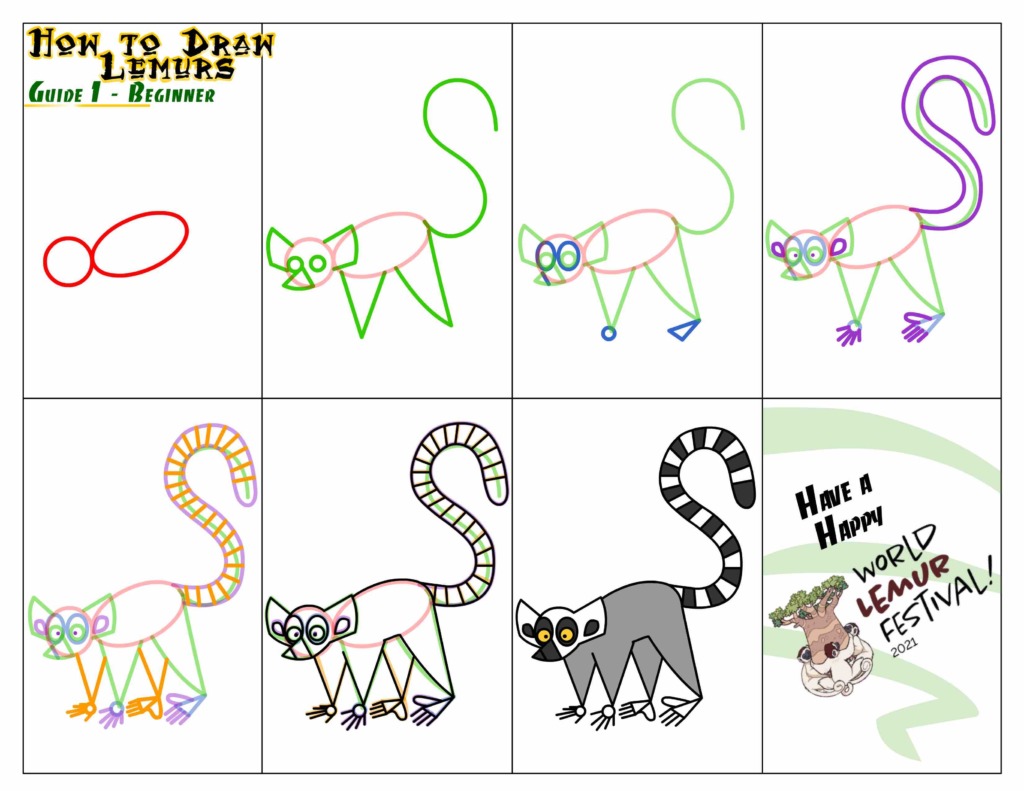

Learning activities:

Looking for more lemur-themed resources?
Visit the Lemur Conservation Network Teaching Resources page for more fantastic activities!
The Lemur Conservation Foundation also has resources and art activities for kids:
How can I help lemurs?
Lemurs are the most endangered group of mammals in the world. According to the Lemur Conservation Network, 98% of lemur species are at risk of extinction and 31% are critically endangered. Working together, we can help lemurs and their island home of Madagascar. Visit the Lemur Conservation Network website to learn how:



